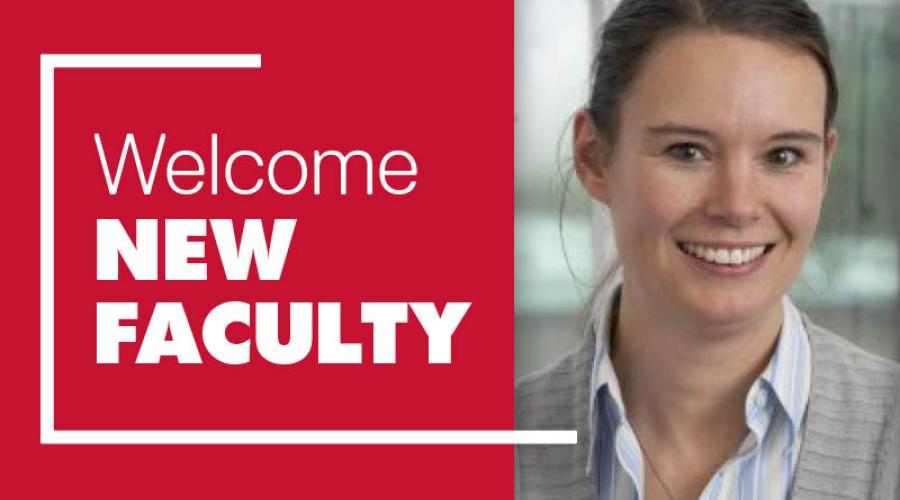
Q&A with Michele Belot
Michele Belot joined ILR’s Department of Economics this fall following previous appointments at the University of Edinburgh, Oxford University, the University of Essex and at the European University Institute. She obtained her doctorate in economics from Tilburg University in 2003 and a master’s degree from Catholic University of Louvain. Belot has a wide range of publications to her credit and is the current president of the European Association of Labour Economists.
What is your research about?
My research is at the crossroad between behavioral economics and labor economics. Most relevant to ILR, I have been working on designing and testing ways to provide advice to job seekers using on-line platforms. The goal is to use existing information on career paths from other people to make suggestions to job seekers about what other types of jobs they could consider. A second agenda I have been interested in is related to behavioral economics in the workplace. I have revisited predictions of standard economic models on the effects of incentives on behavior, and one effort in particular, through the lens of behavioral economics. I have looked at negative effects of monitoring, for example, or the negative effects of various incentive schemes on honesty and integrity in the workplace.
How did you become interested in your field?
I grew up in Belgium, in an area that had a regional unemployment rate of 30 percent. Decades ago, it was a thriving region dominated by the mining industry. The landscape shows marks of the past and it is as if the region had not been able to move on. I got really interested in thinking about policies and interventions that could help economic transitions.
What impact do you hope your research will have?
I hope my research will impact not only the scientific community, by getting economists to think about a broad range of interventions to help job seekers find jobs (beyond incentives), but also more broadly in policy and in the workplace.
What attracted you to the ILR School?
I very much welcome the interdisciplinary nature of ILR. In fact, I did the first part of an undergraduate degree in sociology and political sciences, and I have always been attracted by interdisciplinary work.
What are you most excited for about your time at ILR?
I am hoping to learn about what others are working on and to see how one could combine perspectives from different disciplines to bring new insights. I am excited by the research that is conducted at ILR and I look forward to interacting with colleagues.
Cornell’s “Any Person, Any Study” ethos – how will you be part of that?
I very much like the motto. In my home country (Belgium), higher education is free and quite accessible. I am not sure I would be where I am if it had not been like that. So, I certainly look forward to work on being as inclusive as possible.
If you could share one piece of advice with your students, what would it be?
I think I would recommend trying to think out of the box, not being afraid of discussing new ideas, even if they seem somewhat eccentric. I think young people have a remarkable ability to examine facts with a fresh look and I see this as important seeds for new ideas.
Besides your work, what's something that you're passionate about?
I am passionate about well-being, health and environmental issues. My husband and I have decided to live in Ecovillage in Ithaca. We very much like the idea of a strong community around us, and we look forward to contributing as much as we can to the local community.
Favorite piece of advice from a mentor or inspiring figure in your life?
You should not be stressed in academia, it is the best job in the world!
What was the best part of your college experience?
Going to India for nine weeks as part of an outreach program … Arriving in Calcutta and feeling very overwhelmed by all I saw: the temperature, the business of the city, the smells, the social inequalities.
What’s something people are surprised to learn about you?
I am vegan. And, in fact, I was inspired to become vegan partly by reading the fascinating work of Cornell-based Professor Colin Campbell.


